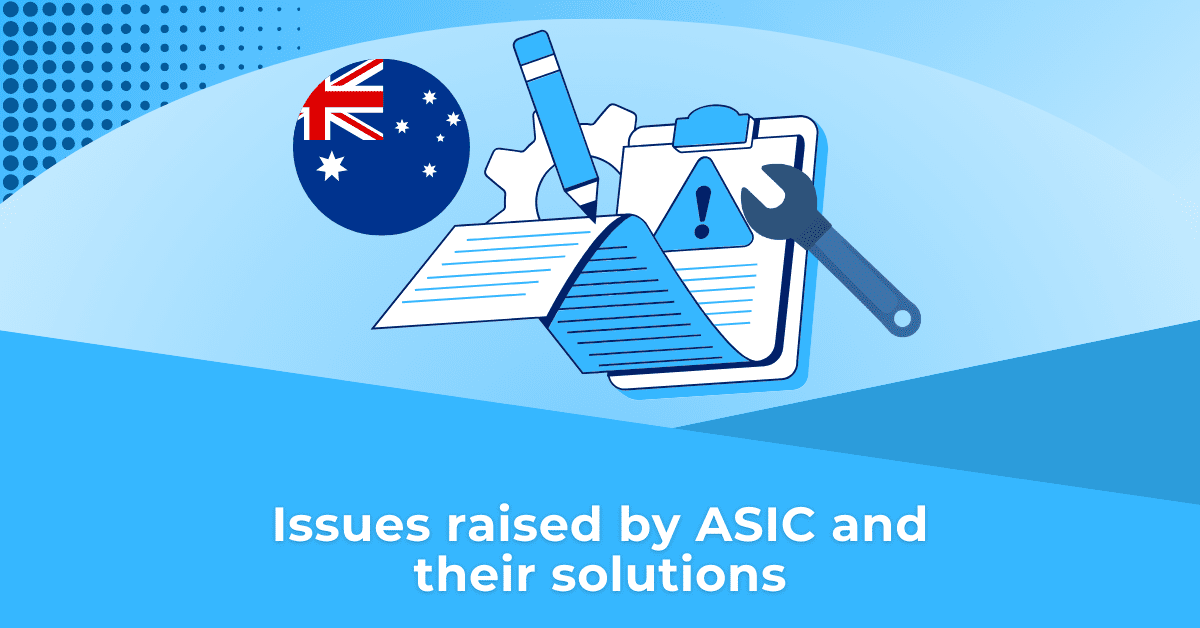What is a Financial Power Purchase Agreements (PPA)?
Financial Power Purchase Agreements (PPA) are a financial contract between the power companies (energy producer) and the offtaker (energy buyer). It covers the price and monthly energy production levels that the offtaker agrees to buy the energy during the contract period. A synthetic PPA is also known as an electricity CFD.
What is an electricity CFD?
Electricity Contracts for Difference (CFD) were introduced in the UK as part of the Electricity Market Reform implemented in the Energy Act 2013. The aim was to incentivise investment in renewable energy and improve affordability for consumers. Electricity CFDs are concluded between a renewable generator and Low Carbon Contracts Company (LCCC), a government-owned company. These CFD contracts are awarded for a period of 15 years.
An Electricity CFD is based on a difference between the market price and an agreed “strike price”.
| Yearly strike price | Renewables generator | LCCC (Government) |
| Higher than market price | Receives payment | Makes Payment |
| Lower than market price | Makes Payment | Received Payment |
| At Par with market price | No Payment | No Payment |
Is an electricity CFD reportable?
By virtue of the broad definition of financial services in the Financial Services and Markets Act 2000, certain energy products are captured and therefore a variety of electricity participants are subject to the oversight by FCA.
UK EMIR mandates reporting of all derivatives to a Trade Repository. So, in the case of electricity CFDs, a Contract-for-Difference is classified as a derivative and therefore the counterparties to the CFD have to comply with the reporting and threshold obligations under UK EMIR.
How do you report an electricity CFD?
Electricity CFDs potentially fall under ‘commodity derivatives’ and will be reported with the base product as energy and sub product as electricity.
Even though LCCC is the counterparty to the contracts awarded in the CFD allocation rounds and its primary role is to issue contracts, they do not constitute an “undertaking” and so they could not be a Non-Financial Counterparty for the purpose of UK EMIR reporting.
Under UK EMIR, a Non-Financial Counterparty (NFC) that enters into positions in derivatives contracts must report their trades with the clearing threshold for electricity CFDs set at EUR 3 billion gross notional value. Valuation and Collateral reporting are not required if the Non-Financial Counterparty is below threshold (NFC-) and only required if they exceed the clearing threshold (NFC+).
How can we help?
At TRAction, we are a specialised third party delegated reporting entity who can assist you in submitting your transactions to the designated Trade Repository. This will not only reduce your organisation’s burden and expenditure but also reduce the complexity of the reporting requirements within your organisation.
Please contact us if you would like to know more about how to simplify your reporting.




